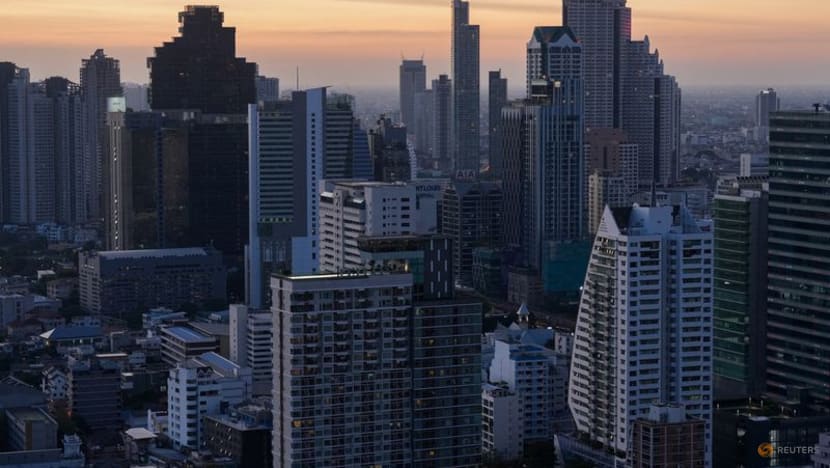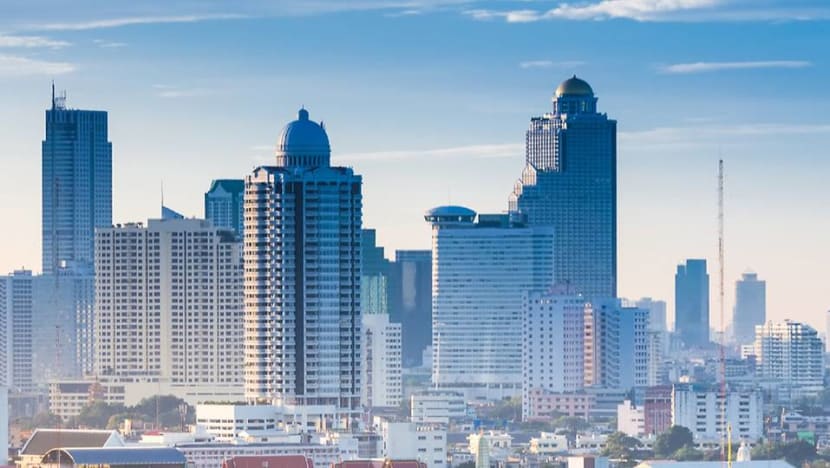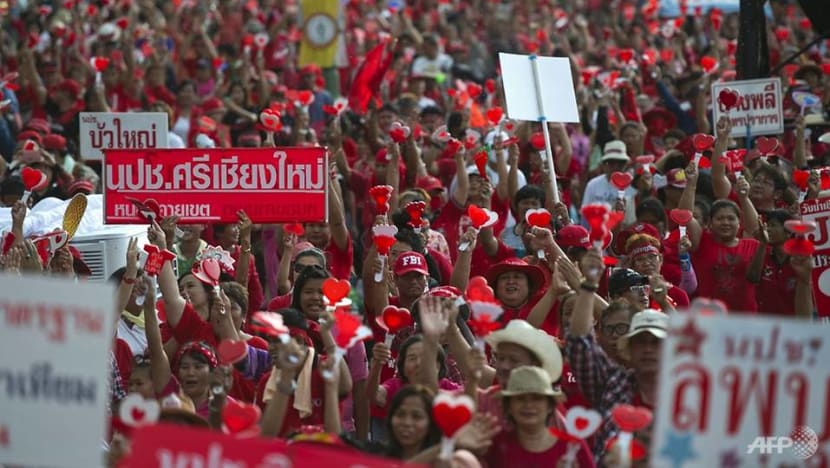Thailand’s real estate recovery from pandemic slump hangs in the balance amid political uncertainty
More than three months after the country’s general elections on May 14, a new cabinet still has not been identified, with the new Prime Minister-designate Srettha Thavisin not officially sworn in.

BANGKOK: Thailand’s real estate sector, a key industry in the country’s economy, was expected to recover this year from the COVID-19 pandemic slump.
However, the ongoing political uncertainty has cast a doubt on whether that will happen.
More than three months after the country’s general elections on May 14, a new cabinet has still not been identified, with the new Prime Minister-designate Srettha Thavisin not officially sworn in.
The many unsold condominium units and new property launches delayed in the capital Bangkok is evidence of the country’s uncertain political landscape and the ensuing frustration across the economy, said observers.
KEY DRIVER OF THAI ECONOMY
The real estate market is one of the key drivers of Thailand’s economy, contributing about 10 per cent to the country’s gross domestic product (GDP).
Mr Phattarachai Taweewong, director of research and communications at Colliers Thailand, told CNA that “this is a wait-and-see moment”.
“Most developers delay their decisions. It is not the right time to launch new projects during the political vacuum. If the company launches a new project, there is a tendency the project will not reach its sales goal,” he explained.
He noted that listed companies and developers in the country had planned to launch numerous new projects in the first half of this year, but the political situation has driven them to adjust their targets.
“We had expected to see new condominiums being launched in the Bangkok Metropolitan area, of almost 45,000 new units. However, after the first half of the year, with the uncertain political situation, only 12,000 units of condominiums were being launched,” said Mr Phattarachai.

Any further delay in this industry will further slow Thailand’s recovery from the pandemic.
About two-thirds of the value of the country’s real estate market comes from the residential sector, where Thai nationals make up some 80 per cent of the market.
Observers told CNA that some local buyers are currently more mindful of big-ticket purchases and delaying their decisions on buying property.
Mr Voradet Sivatachanon, CEO of ERA Holding Thailand, said: “The most important thing is the interest rate. Right now it’s going up (and if) it keeps going up, that will be the affected factor that makes people delay their decision, besides the new government.”
He hopes that there will not be riots on the streets due to the current situation as it will hurt the Thai economy, recalling the extent to which the streets of Bangkok were shut during the 2014 political crisis.

FOREIGN BUYERS OF PROPERTIES
Meanwhile, international buyers have other concerns beyond the political situation.
By nationality, the Chinese and Russians form the biggest portion of foreign buyers of residential homes in Thailand. Chinese citizens tend to buy in Bangkok, while Russians find Phuket properties more attractive.
Both groups have more long-term considerations, as they are driven by their interest to find second homes outside of their own countries, real estate agencies told CNA.
Ms Artitaya Kasemawan, head of Residential Sales Project in CBRE Thailand, noted that today’s market is focused on the end user, and not short-term speculators like in the past.
“Some conservative speculators might adopt a wait-and-see attitude. We think that the main factors that affect the decision of the property buyers are mainly the economy, rather than politics,” she said, adding that interest rates and mortgage approvals are pivotal factors.
“It is always good to have the government formed, because it builds the confidence for both local people and for overseas buyers. But if the government is not yet formed, and the economy has recovered, then I think that also builds the confidence of buyers in the property market.”
Moving forward, industry players told CNA they are hoping that the next government will revise the current policies in the property market and even introduce stimulus measures.

















